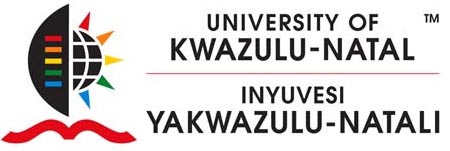In a world of the competitive environment and the movement towards the industrial revolution and technological advancement, the business community must be aware of the banking and investment solutions that respond to today’s needs.

In a world of the competitive environment and the movement towards the industrial revolution and technological advancement, the business community must be aware of the banking and investment solutions that respond to today’s needs.
The Master of Commerce in Banking and Investment Management (full research), therefore, takes care of these needs in the making so that various stakeholders are provided with research and innovation skills in banking and investment management to respond to the evolving business environment’s needs.
The programme aims to provide postgraduate students with a vehicle to engage with the developments in the world of banking and investments and conduct research to provide solutions to lingering issues in this area. The programme aims to produce graduates who have strong research skills and who are capable of advancing knowledge in the field of Banking and Investment Management and exerting influence on policies and practices in this area.
Entrance Requirements:
Modules:
Note:
A completed Master of Commerce in Economics degree comprises 192 credit points. All modules are 16 credit points, except for ECON8RD, which is compulsory and is 96 credit points. Students must register for and complete ECON8RD, plus all four core modules in Semester 1, and 2 elective modules in semester 2. Elective modules offered may change each year. Students may complete Masters-level electives from outside of the School, with the approval of the Academic Leader: Higher Degrees and Research.
The University of KwaZulu-Natal has positioned itself as the premier university of African scholarship and the primary responsibility assigned to the UKZN Teaching & Learning Office (UTLO) is to provide leadership in all areas of teaching and learning and institutional research to realise the University's vision, mission and strategic plan with regard to teaching and learning.
In fulfilling its mandate, the UTLO seeks to collaborate with academics, researchers and students to create supportive, adaptable and innovative learning environments in which outstanding teaching at all levels is nurtured, recognized and rewarded.
© 2025 coursetakers.com All Rights Reserved. Terms and Conditions of use | Privacy Policy